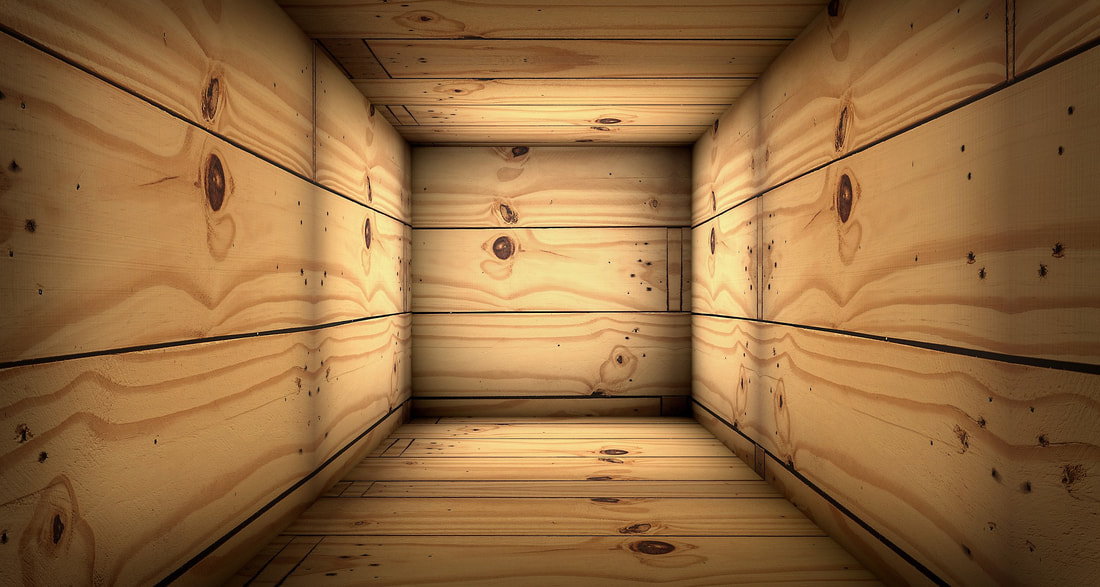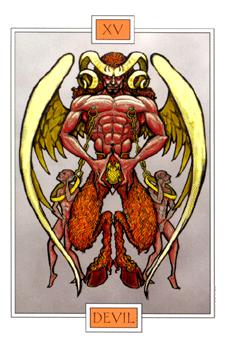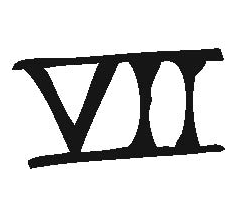Question: What does Industry cite as an essential ingredient to success? Or sports persons laud when it appears in competition? What do artists both celebrate the presence of and yet lament the absence of in equal measure? What do trendy free-thinkers monopolise, life-coaches claim to be experts in, and politicians revert to as “the answer” when no-one really has any idea what to do about any given problem?
Answer: Creativity.
Creativity is hard to define, and yet it is a word banded around with frequency and enthusiasm. Some brave (or arrogant) souls claim to be able to teach it. Some less-steely souls say they have never had it and can’t “do” it, and most fall into the wider middle ground of naming it “inspiration”, thereby allowing it the option to hit, or not hit, as if it were some higher power that chooses when, and whom, to bless.
Whatever it is, my own experience with it, and my experience of working with others seeking to use it, tells me without doubt that the one thing which kills creativity dead is our own inner voice.
This is not always the case, however. You only have to look back down the centuries to find a plethora of light-bulb moments from both high-powered brainiacs and early-humans experimenting, to understand that most creative solutions or pastimes were born out of necessity. Necessity has a habit of silencing inner-critic-voices because necessity usually arrives when the solution needed is a do-or-die one. When faced with a serious problem that threatens life as we know it, creativity becomes all powerful as inner-critics are silenced in favour of the greater good.
Herein lies the rub: Writing a song, plotting a novel, painting a picture, solving an everyday problem, looking at something from a different perspective… all of the supposedly “creative” activities we undertake during our lives generally do not come with a do-or-die requirement. They are not life threatening. They are not wreaking destruction at our door. They are not hugely pressing issues.
And so into that non-vital gap creeps the inner voice. The inner critic. The monkey on your back. Le Judgement. His Master’s Voice. Call it what you will, we all have it, and it is immensely dominant when not silenced by adversity. You know the sort of thing: “You can’t do that, it looks stupid”; “No-one is going to go for that – are you nuts?!”; “Seriously? That’s the best you can come up with? You are nowhere near good enough for this job… and people will find out pretty soon, I bet”.
This voice starts in childhood, and arrives in our brain when we become cognitively aware enough to understand that other people have a point of view. We start to hear that point of view. We consider it. We start to believe it.
How terrible is that? We start to believe the external voices that say “no”. We start to believe the external voices that dismiss what we have created. We start to believe the external voices that do not like the work we have done. Eventually, those external voices become internal ones at a very young age. There is a raft of educational research available that supports the positive and negative effect that language has on children. The adults in a child’s life literally dictate how creative that child will be in the future and, more importantly, how they will feel about their creativity and what they create.
Regrettably, for many of us, that means we never really create much again after leaving primary school, and, if we do, we judge ourselves for it or describe creativity as a tortuous process.
The key thing is that this is not your fault, and neither is it real. True creativity is not giving a shit about the inner voice. True creativity is using your instinct as a guide. Using the impetus, however small, to lead you. In fact, your job is to continuously punch that inner voice in the face whilst your creativity gets on with creating. The real bar to creativity is that inner voice, planted by some pointless, non-descript, and now largely irrelevant people who were too ignorant to understand what damage they were doing; (or, worse, did it on purpose). Once you divorce yourself from those voices, and realise that these voices are NOT you, then your creativity starts to come out from behind the sofa.
The harsh reality is that these voices will never go away. However, the good news is that you can, by realising that they are NOT you, be boxed up and negated as a force against your own creativity. Fighting them becomes simply another part of the creative process, like finding a pen, staring out of the window, or turning the kitchen upside down in search of biscuits.
So, get yourself a shoebox and cover it with your favourite wrapping paper. Whenever you sit down to do something creative, mentally fill it with all of the negative thoughts you have. In fact, why not write them down and enjoy the criticism – marvel at how spiteful and downright nasty that inner voice can be before you have even started! Then, put them in the box, and every time one occurs to you as you are working, write it down and add it to the box. After a while, you will find the inner voice becomes repetitive, unoriginal, and runs out of steam. At that point, your creativity will thank you… not with a voice, but with a thing. A result. A product. An idea. Something you can use.
Something well worth the time spent kick-boxing with your inner critic.
Answer: Creativity.
Creativity is hard to define, and yet it is a word banded around with frequency and enthusiasm. Some brave (or arrogant) souls claim to be able to teach it. Some less-steely souls say they have never had it and can’t “do” it, and most fall into the wider middle ground of naming it “inspiration”, thereby allowing it the option to hit, or not hit, as if it were some higher power that chooses when, and whom, to bless.
Whatever it is, my own experience with it, and my experience of working with others seeking to use it, tells me without doubt that the one thing which kills creativity dead is our own inner voice.
This is not always the case, however. You only have to look back down the centuries to find a plethora of light-bulb moments from both high-powered brainiacs and early-humans experimenting, to understand that most creative solutions or pastimes were born out of necessity. Necessity has a habit of silencing inner-critic-voices because necessity usually arrives when the solution needed is a do-or-die one. When faced with a serious problem that threatens life as we know it, creativity becomes all powerful as inner-critics are silenced in favour of the greater good.
Herein lies the rub: Writing a song, plotting a novel, painting a picture, solving an everyday problem, looking at something from a different perspective… all of the supposedly “creative” activities we undertake during our lives generally do not come with a do-or-die requirement. They are not life threatening. They are not wreaking destruction at our door. They are not hugely pressing issues.
And so into that non-vital gap creeps the inner voice. The inner critic. The monkey on your back. Le Judgement. His Master’s Voice. Call it what you will, we all have it, and it is immensely dominant when not silenced by adversity. You know the sort of thing: “You can’t do that, it looks stupid”; “No-one is going to go for that – are you nuts?!”; “Seriously? That’s the best you can come up with? You are nowhere near good enough for this job… and people will find out pretty soon, I bet”.
This voice starts in childhood, and arrives in our brain when we become cognitively aware enough to understand that other people have a point of view. We start to hear that point of view. We consider it. We start to believe it.
How terrible is that? We start to believe the external voices that say “no”. We start to believe the external voices that dismiss what we have created. We start to believe the external voices that do not like the work we have done. Eventually, those external voices become internal ones at a very young age. There is a raft of educational research available that supports the positive and negative effect that language has on children. The adults in a child’s life literally dictate how creative that child will be in the future and, more importantly, how they will feel about their creativity and what they create.
Regrettably, for many of us, that means we never really create much again after leaving primary school, and, if we do, we judge ourselves for it or describe creativity as a tortuous process.
The key thing is that this is not your fault, and neither is it real. True creativity is not giving a shit about the inner voice. True creativity is using your instinct as a guide. Using the impetus, however small, to lead you. In fact, your job is to continuously punch that inner voice in the face whilst your creativity gets on with creating. The real bar to creativity is that inner voice, planted by some pointless, non-descript, and now largely irrelevant people who were too ignorant to understand what damage they were doing; (or, worse, did it on purpose). Once you divorce yourself from those voices, and realise that these voices are NOT you, then your creativity starts to come out from behind the sofa.
The harsh reality is that these voices will never go away. However, the good news is that you can, by realising that they are NOT you, be boxed up and negated as a force against your own creativity. Fighting them becomes simply another part of the creative process, like finding a pen, staring out of the window, or turning the kitchen upside down in search of biscuits.
So, get yourself a shoebox and cover it with your favourite wrapping paper. Whenever you sit down to do something creative, mentally fill it with all of the negative thoughts you have. In fact, why not write them down and enjoy the criticism – marvel at how spiteful and downright nasty that inner voice can be before you have even started! Then, put them in the box, and every time one occurs to you as you are working, write it down and add it to the box. After a while, you will find the inner voice becomes repetitive, unoriginal, and runs out of steam. At that point, your creativity will thank you… not with a voice, but with a thing. A result. A product. An idea. Something you can use.
Something well worth the time spent kick-boxing with your inner critic.




 RSS Feed
RSS Feed
